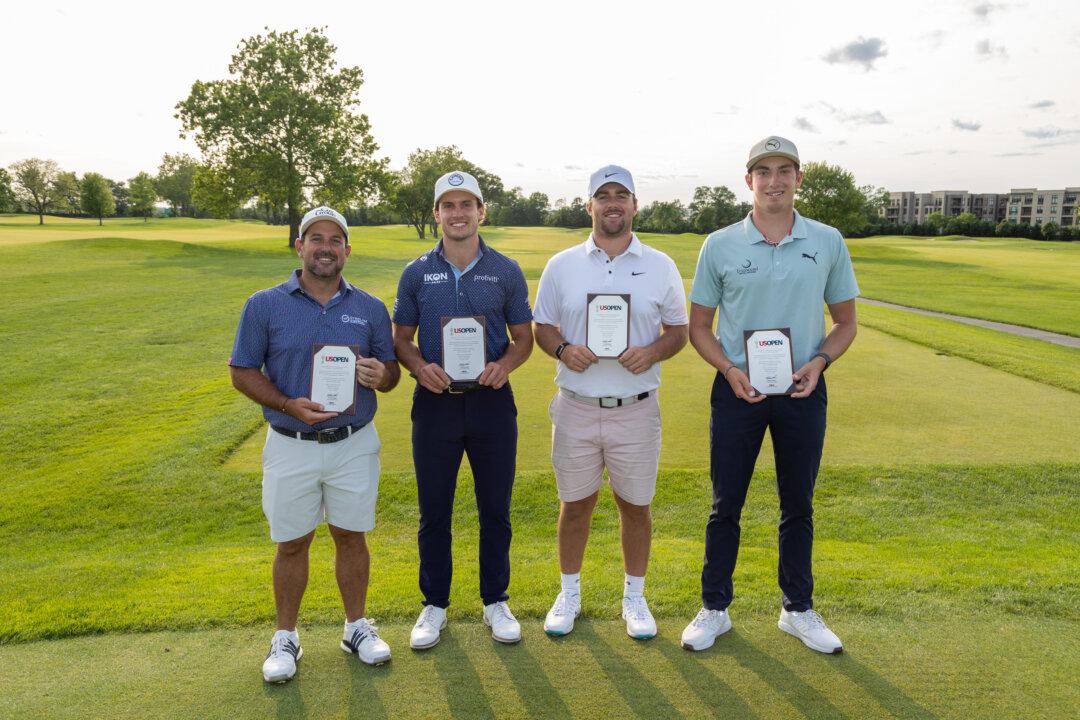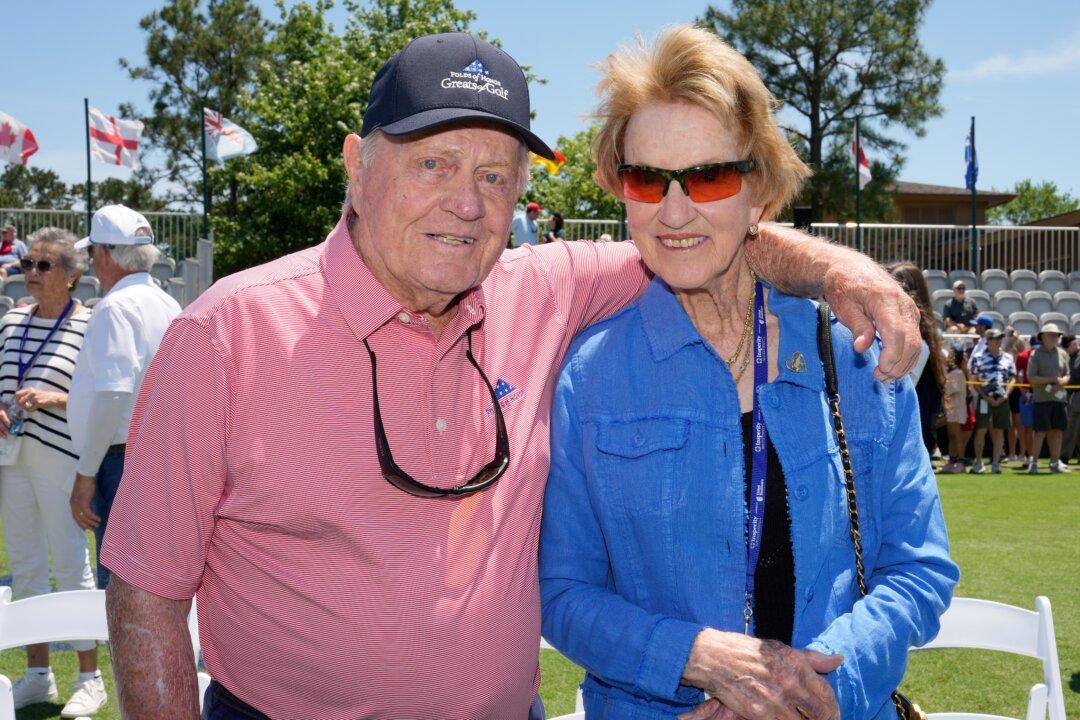OAKMONT, PA—In early 2015, the fanfare tied to FOX being the new broadcast partner for United States Golf Association (USGA) events—most notably the U.S. Open—was nothing less than euphoric with promises of “wait till you see” what we do. The hoopla was akin to a rousing New Year’s eve party. Unfortunately, when the actual telecast eventually took place it became clear the hype was far better than what the product actually delivered. To borrow the long time Texas expression, “FOX was all hat and no cattle.”
FOX touted the involvement of its new “golf faces” with the likes of lead announcer Joe Buck and chief analyst Greg Norman leading the way. Buck is the “voice” for a range of high profile sports covered by FOX with the National Football League and Major League Baseball but his golf acumen was clearly missing at key moments during last year’s coming out party at Chambers Bay just outside of Seattle.






